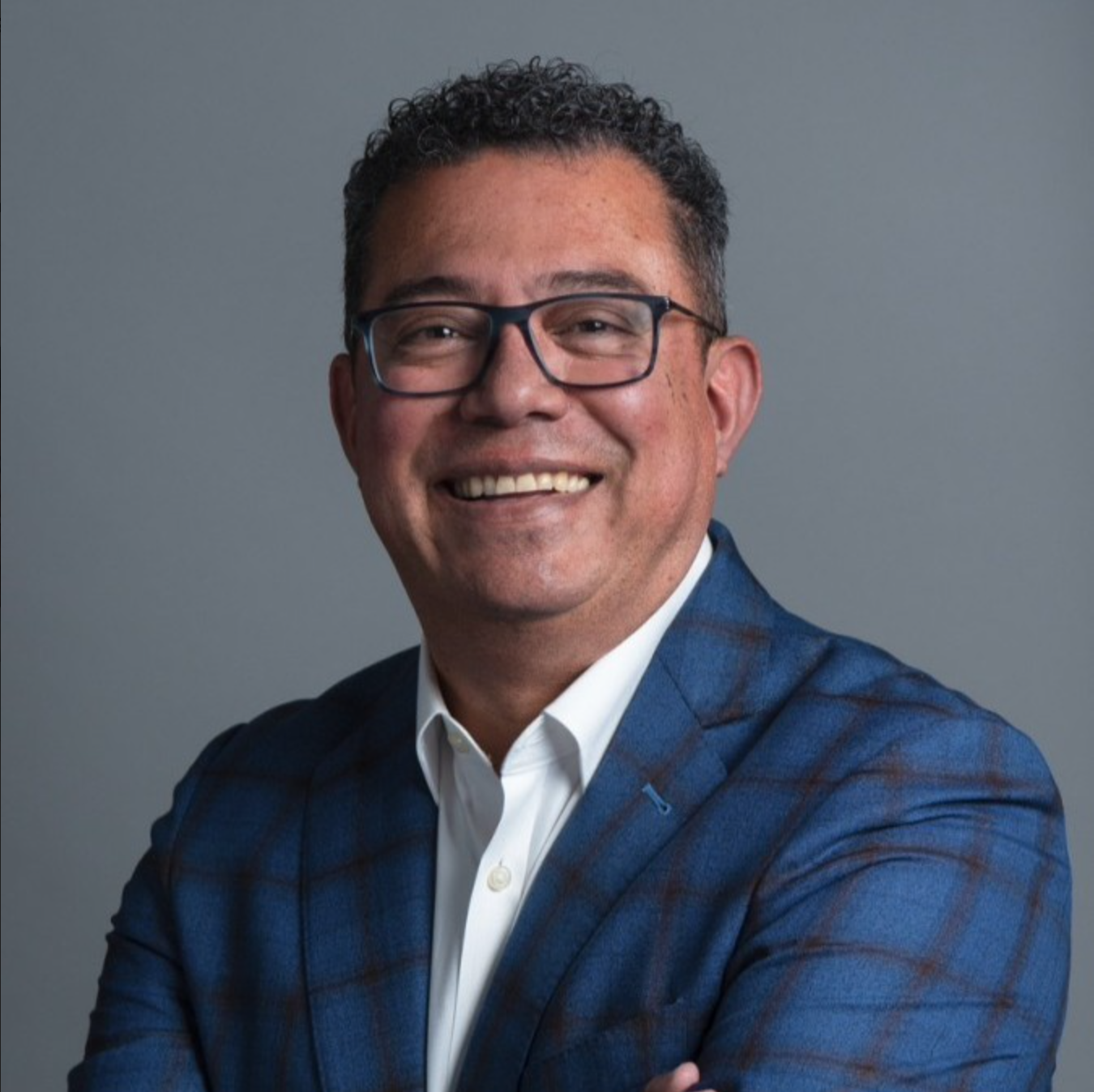"At Granite, Inclusive Diversity is More Than a Concept"
By Luana Ferreira
JORGE A. QUEZADA, Vice President of People & Culture at Granite Construction, wants to bring more people to this discussion and have companies understand that diversity and inclusion have to walk together in order to retain their employees. For him, developing those professionals is just as important in the long run. "If you are not careful, you get distracted, and you can have inclusion and not have the diversity” Jorge said. "Then if you only have diversity and not have inclusion is not going to work, people will leave."
He is confident about the future of Inclusive diversity at Granite. "Four years from now, people are going to write a case study on how Granite was able to bring so many women and people of color into the industry and our company and then moved them into leadership positions," he said. "We have been a company that has had a solid population of Latinos, so currently we have a pool of Latinos that we are going to be developing here in the years to come, and getting them into leadership roles."
Born in El Salvador and raised in Los Angeles, Jorge be- lieves that diversity, inclusion, and equity are front and center of changing things. "Innovation to me means disrupting the status quo," he said. "To me, it means creating an environment where you change people's perspective of how they do things, and that is what we are doing here." When he started at Granite in 2019, Jorge rebranded the department to Inclusive Diversity, aiming to make all employees at Granite feel they are also part of the discussion.
Jorge studied Political Science at Whittier College and has an MBA in marketing. He started his career at Allstate Insurance as a Human Resource recruiter and later became the director of Inclusive Diversity. He was also the president of the Latino Allstate Network.
"It was a moment where I realized that my passion, my lead- ership skills, and my ability just to get involved were perfect at the time," Jorge said. "I took the role and realized I didn't know anything about diversity, equity, and inclusion. Just being Latino, being passionate about it was not going to be enough." Jorge had mentors who guided him along the way and to taught him to put theory into practice.
When Jorge started his DEI career, inclusion was a new conversation," people talked more about diversity in the workplace. "Companies were bringing people in, and they were leaving out the back door. Then inclusion became more prominent." According to Jorge, now organizations must think about diversity, inclusion, and equity. "If you don't have equitable practices, you won't see the development of talent; you won't see the numbers in leadership improve."
He highlights the dimensions the word diversity brings to the table, including, for example, the LGBTQI+ commu- nity, women, and disabled people. Jorge believes that getting the dominant culture in your organization into the DEI conversation is essential because they are "the ones in leadership roles, that we need to be sponsors and mentors. "According to Jorge, the dominant culture in your organization is also part of diversity when we look at their backgrounds. For him, bringing the dominant culture into the conversation has been a game changer.
One of his missions at Granite has been to create a part- nership with the company's learning and development team to create a women's leadership program. The program aims at women who have been in the company for at least one year and accelerate their development, giving them new career opportunities. "So now they are on the radar for people to be thinking about developing our younger employees.
Granite has realized that the talent pool in the industry has changed, and they now come from different places. "That is why I say we are going to have more women and POC leaders." Developing talents seems to be among the main goals at Granite. "We have been fortunate to have an outstanding representation of Latinos; now we are focused on their development," Jorge said.
Inclusion is among the core values of Granite, and it is part of its strategic roadmap, so they aim to continue innovating in that area in the coming years. Jorge highlights that it all starts with the" leadership at the top," and Kyle Larkin, CEO at Granite, has given him the tools to develop his work.



Jorge also co-hosts the podcast Construction DEI Talks with Stephanie Roldan, VP at Rosendin, twice a month, where diversity in the industry is a recurring topic. "It has been awesome to talk about diversity, equity, and inclusion. So, we don't have a problem being the tip of the spear in this conversation because we know that one company cannot do it by itself. It has to be all companies working on it together," he said.
If it depends on Jorge's efforts, Granite will become the place people aim to work when they leave college because they will see Granite projects that helped change the country's to- pography. He knows that young professionals need guidance and often lack experience after leaving college. Therefore, it is vital to have experienced professionals willing to share their wisdom and help them navigate through things.
Granite is celebrating its 100th anniversary this year, and Jorge is thrilled about it. "We are bold enough to be thinking about how cool it is going to be a hundred years from now. One hundred years from now, people will look at moments in 2022 and talk about the strategies we developed and executed to make the company relevant in 2122. We have the tradition of a 100-year-old company, but we have this thinking of a startup. It is inspiring. "

